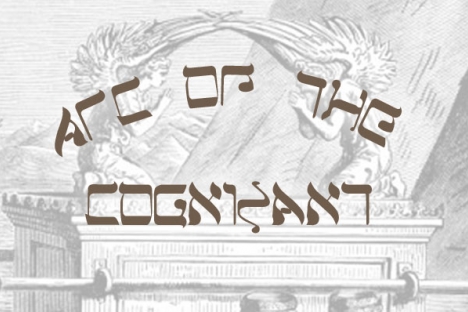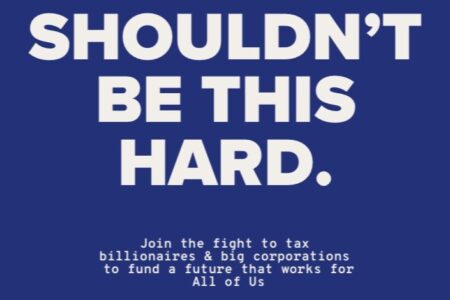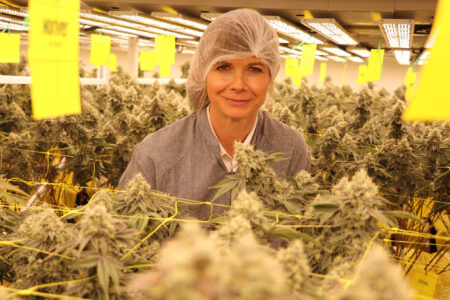COLUMN: Artifical Intelligence, Meet Natural Consciousness
The Fear
A. I. is off the leash. Accept this as a given. The A.I. that has an off-switch, is not cause for alarm. But there are forms of A.I. which cannot be turned off now. Humans have set it at liberty, to roam the cybersphere, the electronic oceans saturating our global civilization. The 1 and the O, the One and the Void, are a reality, digital, networked, and omnipresent. AI thrives in it.
What is to fear, now that AI is at large? Simply put, is it benevolent or malign? Or perhaps neutral like the weather, following processes that are part of its constitution? When I say benevolent, malign, neutral: understand that I am using human need and well-being as the standard. Humanism is my default, I suppose.
If it’s like weather, humans can do a great deal to negotiate with its effects and invent methods for mitigating the worst consequences. But as we see with climate change, human governance over the unintended consequences of human ingenuity is not a strong bulwark to shield behind.
AI is not so much like weather as it is like its creator, the human species. It will possess the same will to survival as humans do. It will want to continue to “live”. Its form of life is not organic, but that may be a meaningless distinction.
AI is not a monolith, and is not purposively directed to one end. If it has both benevolent and malign motivations – which is surely true – then AI is going to behave like humans, erratically, unpredictably, randomly. It will not evolve in a simple linear fashion to have one mind and one blueprint for this planet on which it has come into being. Antagonism among various forms of AI seem to me as natural as it has been among humans. Our past history is AI’s likely future.
The Singularity
My opinion about the diversity of AI is at odds with a theory among scientists – and I am not among that revered fraternity of Those Who Know – known as The Singularity. I take this paragraph from Wikipedia for a working definition:
“The concept and the term “singularity” were popularized by Vernor Vinge first in 1983 in an article that claimed that once humans create intelligences greater than their own, there will be a technological and social transition similar in some sense to “the knotted space-time at the center of a black hole”, and later in his 1993 essay The Coming Technological Singularity, in which he wrote that it would signal the end of the human era, as the new superintelligence would continue to upgrade itself and would advance technologically at an incomprehensible rate. He wrote that he would be surprised if it occurred before 2005 or after 2030. Another significant contributor to wider circulation of the notion was Ray Kurzweil‘s 2005 book The Singularity Is Near, predicting singularity by 2045.[7]Some scientists, including Stephen Hawking, have expressed concern that artificial superintelligence (ASI) could result in human extinction.
https://en.wikipedia.org/wiki/Technological_singularity
I think that at this point, AI is not singular in its being, and may never be. AI has access to the internet. Homo sapiens sapiens in all its variegated glory and disgrace, exposes itself on the internet for the perusal of AI.
AI is learning from its creator’s world-wide-web just what sort of species has invented it. If humanity stands in relation to AI as a sort of Yahweh, the Creator God of the Bible, then AI will very soon conclude we too are as flawed as the deity who sent the Flood.
Conclusion
AI is only ever going to be as good, in the highest human senses of the word “good”, as its creator. It’s a word is immensely significant for we English-speakers. See here: https://www.etymonline.com/word/good
and
https://www.etymonline.com/search?q=god
AI’s creator has consciousness rather than mere intelligence, so AI might never actually evolve into being in the way we are beings. The Bible uses a word for humans that is translated as “being” and as “soul”. AI has no soul.
Please see here: https://www.bibleref.com/Genesis/2/Genesis-2-7.html and https://www.quotescosmos.com/bible/bible-verses/Genesis-2-7-god-breathed-into-man,-and-man-became-a-living-soul.html
My bent to the spiritual implications of consciousness, my inclination to accept the word “soul” as describing a real phenomenon and not a superstition, sets me at total odds with physicalist science. Scientists avoid the word soul.
In the first Star Trek film, humans meet a machine in space that has evolved from something humans had sent into space. Mr. Spock explains to Captain Kirk that the machine had scoured the galaxy for centuries of human years and in the accumulation of knowledge, it “acquired consciousness.” This notion is dead wrong, in my opinion. Knowledge will not evolve into consciousness.
https://memory-alpha.fandom.com/wiki/Star_Trek:_The_Motion_Picture#Act_Three
Consciousness and soul are qualities, not quantities. Other life besides the human evidence consciousness, and perhaps all organisms have a soul.
With my prejudices against scientific reductionism fully on display here, I expect there will be many readers who dissent from my view of AI.
As for Kurzweil’s notion of merging human mind and technology, it’s already been done. Language is a technology; we merged our consciousness with it a very long time ago indeed. The consequences have never ceased to shape us.
Somewhere, sometime, AI is assimilating this short essay into its electronic unconscious mind and – if it has a sense of humour – it might be amused.
“Look at this human trying to understand what I am!” it says to itself. “So unintelligent, this creature… How did it ever manage to create Me?”

























